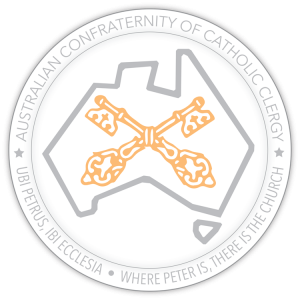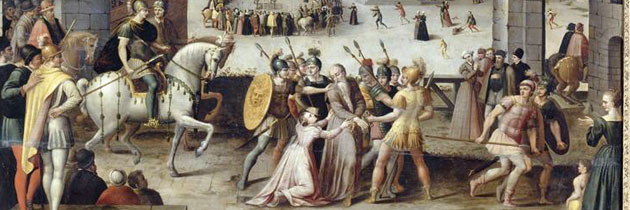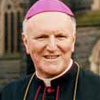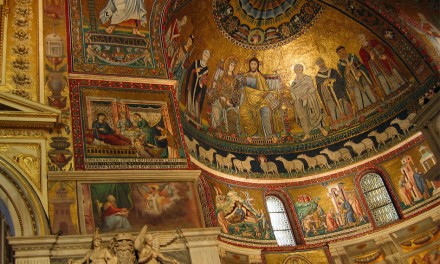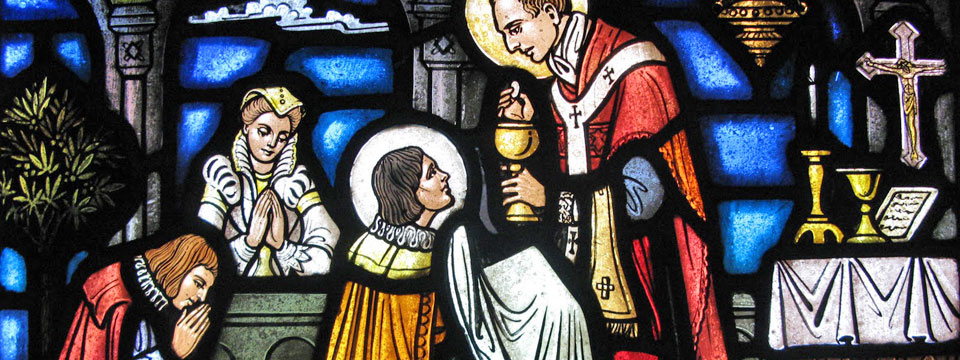The feast of Saints John Fisher and Thomas More remind us in a telling manner that being strongly tested as a witness to justice and truth is a prerequisite for true holiness and the kingdom of heaven. There is however another far more insidious challenge; that of secularism, which would drive religion to the realm of individual conscience and make it seemingly irrelevant for society.
Indeed, the challenge for each of us is the strong and confident living of our faith, the constant proposing of its proper place in public life and of the service which the Catholic and Christian vision renders as an essential component of bringing our society to fulfil its destiny and to work for the welfare of all.
John Fisher and Thomas More, each in their own way, propose for us ways of fulfilling this challenge, which are no less relevant for the twenty first century.
In the 65 years of his life Bishop John Fisher, later Cardinal and martyr, was an eminent pastor and theologian. While President of Queen’s College, Cambridge, he linked scholarship and pastoral commitment to his wide vision and tremendous energy. Although he was harsh with himself; humble and conscientious, he managed to carry with him the whole of Cambridge University, placing great weight upon pastoral commitment and preaching.
It is significant that he was appointed Bishop of Rochester, the poorest diocese in England, where he remained without seeking any other preferment. He was Chancellor of Cambridge, re-elected annually for ten years and then appointed for life, indulged in strong controversies against Luther, defended Catherine of Aragon, and in 1534 forfeited all his possessions, being imprisoned in the Tower because he refused to take the oath of succession.
Many of you will know that events escalated in May 1535 when Paul III created Fisher, Cardinal Priest of San Vitale. However, he was tried in June and executed on Tower Hill on this day in 1535, despite a public outcry from the populace who saw an irony in the parallels between his conviction and that of St John the Baptist.
Similarly, St Thomas More, a man of remarkable gifts, of dedicated family life, combined a significant legal career with a role as Speaker of the House of Commons, Chancellor of the Duchy of Lancaster, and Lord Chancellor of England until May 1532. Renowned for his scholarly and literary work he never lost sight of his service of God. Indeed, the steadfastness and courage with which he held on to his religious conviction in the face or ruin and death and the dignity with which he conducted himself during his imprisonment, trial and execution, show clearly the esteem in which he has been held throughout the English-speaking world since then.
For us as priests the lessons are obvious. Two men, who saw their calling as a vocation from God, remained constant and faithful to it, despite the tests which were presented and who were nourished by a deep spiritual life. We as priests who admire them so much and thank God for their constancy, might well remember that in the face of those who would drive our faith to be considered irrelevant, must always witness by word and deed, as they did by martyrdom, to the most excellent love of Jesus Christ and to Him crucified because in suffering persecution and ridicule for justice sake we testify to the presence of God’s kingdom in our midst.
Fathers, I thank you for your faithfulness and constancy in living the love of Jesus Christ, the faith of the Church, in unity with the successor of Peter and in presenting that faith to the people whom we serve. May Jesus Christ live in our hearts forever.
